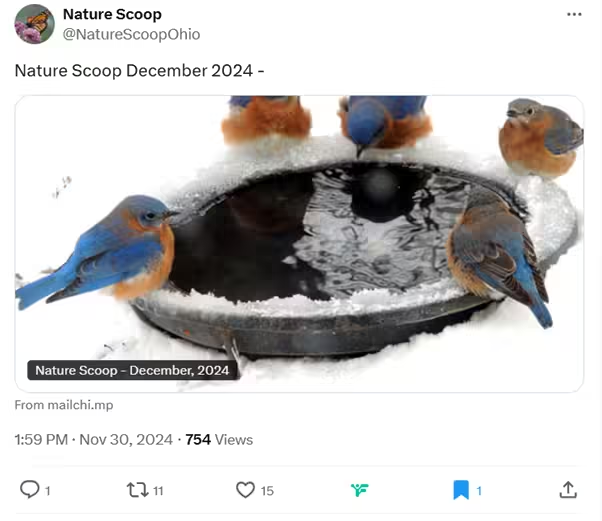When it comes to protecting our Earth's biodiversity, many of us feel a strong urge to contribute. But where should our donations go? While a few large, international conservation organizations play a vital role, there's more of a compelling argument for supporting local nature groups and their charities and organisations. These grassroots groups, often overlooked, can have a profound impact on their immediate environment.
The Unique Role of Local 'Grassroot' Nature Charities
Local nature charities possess several key advantages that make them particularly effective:
- Deep-rooted Knowledge: They have an intimate understanding of their local ecosystems. This knowledge allows them to identify specific threats and tailor conservation strategies accordingly.
- Direct Action: Local groups can quickly respond to emerging issues, such as habitat loss or pollution incidents. Their proximity to the problem areas enables swift and effective intervention.
- Community Engagement: They often build strong relationships with local communities, encouraging citizen science, volunteer work, and public awareness campaigns.
- Cost-Effective Operations: With lower overhead costs and a dedicated volunteer base, local charities can maximize the impact of every donation.

The Impact of Local Nature Groups Conservation Efforts
By supporting local nature charities, we can contribute to a wide range of conservation initiatives:
- Habitat Restoration: Restoring degraded habitats, such as wetlands, woodlands, and grasslands, provides essential homes for countless species.
- Species Protection: Local groups can monitor endangered species, implement breeding programs, and protect critical habitats.
- Pollution Control: They can work to reduce pollution in rivers, lakes, and coastal areas, safeguarding aquatic ecosystems.
- Education and Outreach: By educating the public about environmental issues, local charities inspire the next generation of conservationists.
Choosing the Right Local Nature Group
When selecting a local nature charity to support, consider the following factors:
- Mission and Values: Ensure the charity's mission aligns with your own conservation goals.
- Transparency and Accountability: Look for a charity with a clear and transparent approach to fundraising and spending.
- Impact Measurement: A good charity will track its progress and demonstrate the positive outcomes of its work.
- Community Involvement: Consider whether the charity actively engages with the local community and fosters a sense of ownership.
How to Make a Difference
Here are some practical ways to support local nature charities:
- Donate: Even small donations can make a significant impact, especially when combined with the efforts of others.
- Volunteer: Offer your time and skills to help with conservation projects, fundraising events, or educational programs.
- Spread the Word: Share information about the charity's work on social media and encourage others to support it.
- Advocate: Contact local policymakers to advocate for policies that protect nature and support conservation efforts.
By supporting local nature charities, we can play a crucial role in safeguarding our planet's biodiversity. Remember, every action, no matter how small, can contribute to a healthier and more sustainable future.
Research and visit local nature charities in their area, get involved.
